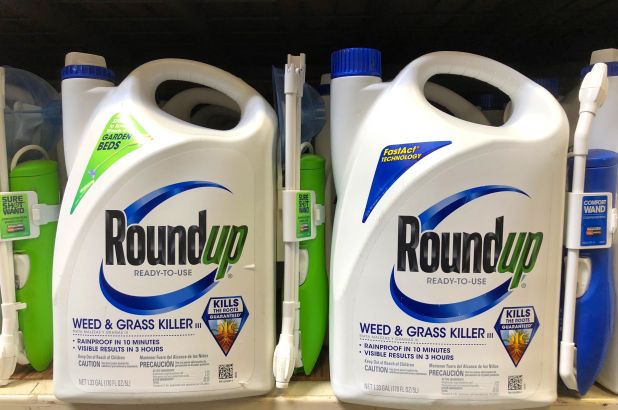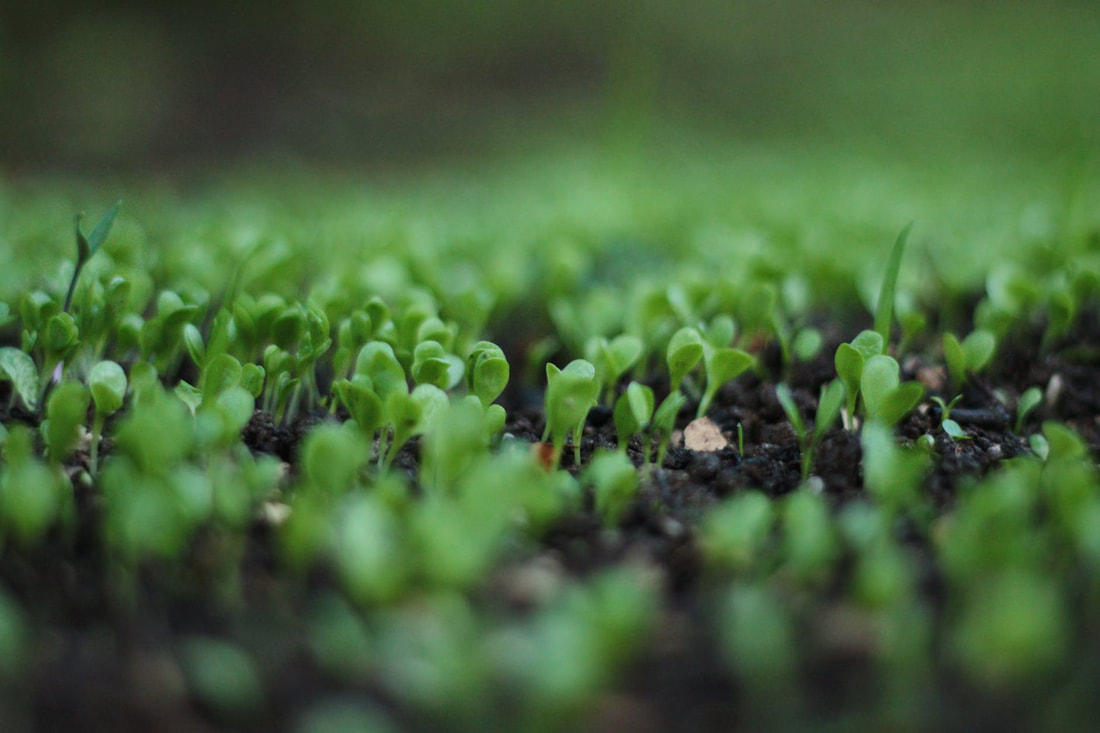|
On July 29, Bayer announced to shareholders their intent to withdraw glyphosate from the residential use market. But what does this mean? What do we need to know? This change is about liability, not safety Werner Baumann, CEO of Bayer AG says, "“Let me be very clear that (this decision) is exclusively geared at managing litigation risk and not because of any safety concerns." Roundup will still continue to be sold to consumers Liam Condon, president of the Bayer Crop Science Division and a member of the Bayer AG board of management says that, “What is new will be the formulation or formulations and will include multiple active ingredients." The new formulation will still be sold under the Roundup brand. The new formulations will likely be a "regrettable substitution" We see this happening in municipalities often. Staff or contractors will stop using glyphosate based herbicides, and replace them with glufosinate or diquat dibromide. Products containing these active ingredients are sometimes paired with other herbicides that inhibit seed germination called preemergents, like ones with indaziflam or flumioxizan. Other glyphosate containing herbicides will still be available for sale This decision comes from the manufacturer of one glyphosate containing product, but there are many more formulations sold by other companies in the lawn and garden market. Roundup and glyphosate will still be sold This decision does not affect sales to, or use by lawn companies, municipal staff, schools, homeowners associations or other similar entities. The other thousands of toxic pesticides on the market will also continue to be used and sold The EPA has registered over 1,200 active ingredients and over 16,800 pesticide products. Glyphosate is just one of those active ingredients. While this move by Bayer to avoid liability can be seen as a win, it is not a victory. Our work is far from over. We need to continue to advocate for health protective organic practices in our communities, not banning single chemicals. Visit our Tools for Change to get started. By Youth Advocate Khadija Hassan We hear the word but do we truly know what it is? Agricultural organic matter can be known as food or soil which is produced without the interaction of chemically formulated fertilizers, antibiotics, or growth stimulants. In the process of cultivating the organic crops, the word organic can also refer to what inputs are allowed and that the land has to be managed without the treatment of synthetic materials. A lot of research has been done on what organic is but the real question should be - What are the real benefits of organic practices? According to this website, organic matter also refers to any plant or animal that resides in the soil and provides it with the nutrients that are available. It also improves the water binding quality in the soil. Additionally, according to Cornell University, the benefits can range from reducing surface crusting to enhancing aggregate stability. Those were just some of the benefits to organic soil that would help with growing crops. Another side of organic could be organic food. Eating food that has been made through the organic process can mean living a healthier life because it is grown in a sustainable way. Growing organic matter in a sustainable way means following certain regulations that ensure a green way to produce food. The link provided (https://nofa.organiclandcare.net/the-standards/) has ensured an informational way to help educate on what and what not to do regarding organic land care. It is highly recommended that you take a look at it. At the same time, organic management is better for the environment because it reduces pollution as well as using less energy. Now, it is no shock to everyone that the world contains way too much pollution and not enough solutions, but switching to organic could lead to a reduction in pollution. This would ultimately help the Earth in the long run. Additionally, all around the world there are energy crisis issues that could be solved if the governments could switch to better ideas like ensuring the use of organic management. All in all, organic management has proven to be better for the environment, better for healthier lifestyles, and healthier for the planet. I encourage farms, schools, hospitals, cities, HOAs, and homeowners to switch to organic to ensure environmental health benefits for the earth and yourselves.
|
Archives
March 2024
Categories |
|
Non Toxic Communities is a 501 (c) (3) charitable organization
Nontoxic Communities Foundation, Inc. dba Non Toxic Communities Copyright © 2024 Non Toxic Communities - All Rights Reserved Site design by Bee Rooted | About Us | Contact Us |



 RSS Feed
RSS Feed
